
Summer School 2019 programme
The Energy Community Summer School programme offers a combination of course work, guest lectures and social / cultural activities. More than 35 lectures contribute to the programme. During the training, participants will attend lectures taught by high-level scholars from academia as well as experts and practitioners from leading energy companies etc.
Below please find the Summer School 2019 programme and information on the speakers.
-
Welcome Saturday
17:00 - 20:30 Welcome Saturday
Welcome Saturday
The first day of Energy Community Summer School 2019 marks the day when an incredible learning experience begins. Our benchmark for the start of this journey begins on the 24th of August 2019,17:00 until 20:30 on the premises of the wonderful "Muzeum Uniwersytetu Jagiellońskiego Collegium Maius". The Museum of the Jagiellonian University in the Collegium Maius shows upstairs its splendid historic rooms with original furnishings, good collection of the old European art, unique science instruments, and varied memorabilia. Downstairs the museum of the Collegium Maius organizes frequent temporary exhibitions where our welcoming cocktail will be held. The oldest college of the Polish oldest and best university, was rebuilt by the end of the 15th century as a splendid late-Gothic edifice around a vast courtyard with surrounding arcades and a well of 1517 in the center. Professors lived and worked upstairs, while lecturing downstairs. In the 1490s they had Copernicus among their students, and the astronomer that revolutionized entire European science remains the most illustrious of Krakow University’s graduates together with Pope John Paul II. Over centuries a whole university quarter has arisen around the Collegium Maius, while the old college became first the university library and then the university museum rich in unrivaled exhibits. This special day will be hosted by Professor Andrzej Adamski, Proxy Rector at Jagiellonian University. Professor Adamski will be joined on this day by Dr. Dirk Buschle, Dean of Summer School be joined in this day by Dr. Dirk Buschle, Dean of Summer School as well as different Senior Management Board Representatives from the Jagiellonian University and AGH University of Science and Technology. On this special day of a short but full of experience journey, we are honored to be joined by senior representatives from the Polish Government as well as European Commission
After the welcoming ceremony, we will move on into welcoming you to our welcoming dinner. This dinner will be held within the premises of Collegium Maius, in their wonderful restaurant located in the minus one floor.
-
Social Sunday
08:30 - 16:00 Visit to the Wieliczka Salt Mine
Wieliczka Salt Mine
About the mine
The “Wieliczka” Salt Mine is one of the most valuable monuments of material and spiritual culture in Poland. Each year it is visited by more than one million tourists from all over the world. It is also a world class monument, featuring among twelve objects on the UNESCO’s World Cultural and Natural Heritage List. Today, the “Wieliczka” Salt Mine combines many centuries of tradition and modernity, the history of several hundred years and an underground metropolis with extensive infrastructure. The mine is a product of work of tens of generations of miners, a monument to the history of Poland and to the Polish nation – a brand, present in Polish consciousness for centuries.
The tour of the “Wieliczka” Salt Mine will begin at 08:30 and it will continue until 16:00.
-
Technical Monday
Technical Monday Mentor
Martin JIRUŠEK
Assistant Professor, Faculty of Social Studies, Masaryk University
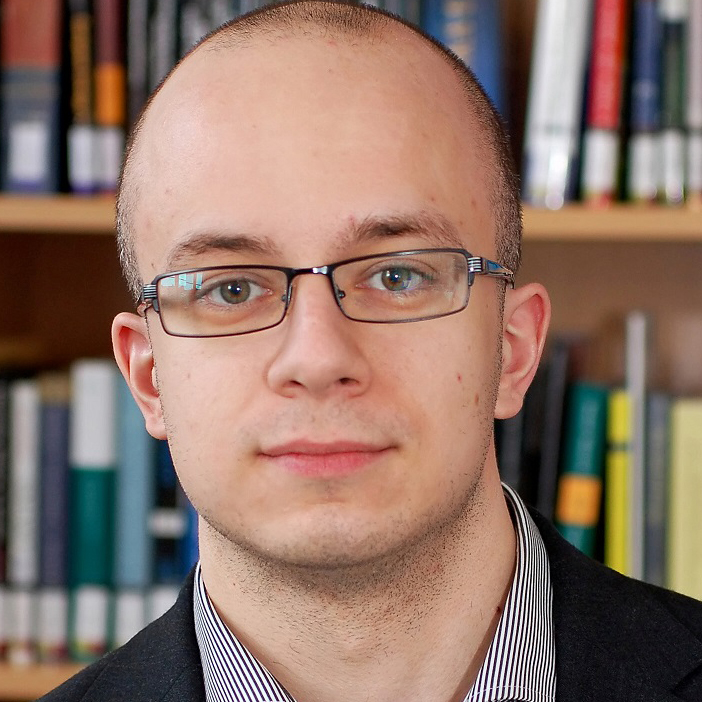
Mgr. Martin JIRUŠEK, Ph.D. is an Assistant Professor at the International Institute of Political Science of Masaryk University and at the Department of International Relations and European Studies, Faculty of Social Studies, Masaryk University. Martin is professionally focused on energy security in post-communist Europe and transatlantic dimension of energy security. He has also published articles on conceptual foundations of the energy policy of CEE and SEE countries and the European Union, the role of Russia in natural gas and nuclear sectors in CEE and SEE, and global trends in energy policies. Besides his work in academia, Martin also works as a consultant and has been in charge of a number of research and educational grants focused on the aforementioned regions
09.00 - 10.00 Engineering Essentials: Introduction to Energy System
Jasmina Trhulj
Head of electricity unit, Energy Community Secretariat, Austria
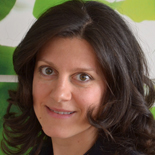
Jasmina Trhulj is a Diploma Electrical Engineer for Power Systems. She is responsible for monitoring, analyzing and reporting on market developments in the Energy Community Contracting Parties as well as for assisting electricity sector authorities and companies in transposition and implementation of the EU acquis. Her 17-year professional career in the energy sector started as a research and development assistant on power system operation and control projects at Mihajlo Pupin Institute in Belgrade. She gained valuable regulatory experience in the development and monitoring of the electricity market during her seven-year tenure at the Energy Agency of the Republic of Serbia (AERS) as senior expert for electricity.
10:00 - 11:00 The Conversion of Energy and Sector Coupling
Patrick Clerens
Clerens Consulting Managing Director
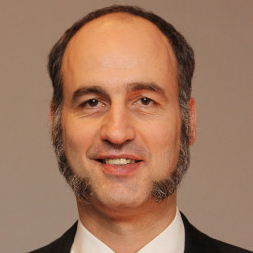
In 2011 Mr. Clerens was named Secretary General of EASE, the European Association for Storage of Energy. Patrick's expertise and strategic vision supported the association's growth, which counts today around 40 member companies, among them Europe’s largest stakeholders active in the energy sector. Since 2008 he has been representing ESWET, the European Suppliers of Waste to Energy Technology Association. As he had done previously with EPPSA, he expanded ESWET’s network and effectiveness in the EU. Shortly after taking over Clerens Consulting, Mr. Clerens became Secretary General of the European Power Plants Suppliers Association (EPPSA) in 2004. Thanks to his invaluable contribution, EPPSA expanded its influence in Europe and was able to launch the major European Initiative in the Energy Sector regarding Fossil Fuels, the Technology Platform ZEP, and Zero Emissions Fossil Fuels Power Plants. In May 2018 EPPSA became Energy Technologies Europe.
11:15 - 12:15 Energy 2.0: The Impact of Digitalization
Susanne Nies
Managing director strategy and communication
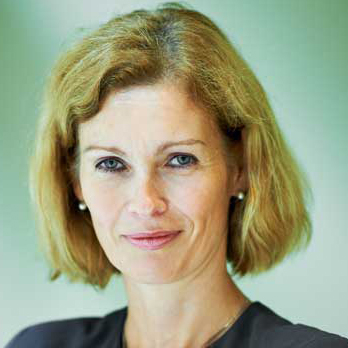
Ms. Susanne Nies is a European energy policy and regulatory affairs manager, focusing in particular on electricity and the power sector in Europe. She is strongly committed to European integration, the energy transition, sustainability and the climate agenda. She is Strategy and Communication Managing Director with ENTSO-E, the European Network of Transmission System Operators, being part of its executive management team. ENTSO-E fulfills legal tasks on a European scale. She is overseeing overall association strategy, innovation, TSO-DSO, energy policy, international cooperation as well as stakeholder relations and communication. Specialization: Energy and Climate, International Relations, Eastern Europe, Russia
13:45 - 14:30 Innovation- invest in the clean energy future we want
Thomas Pellerin-Carlin
Head of the Jacques Delors Energy Centre
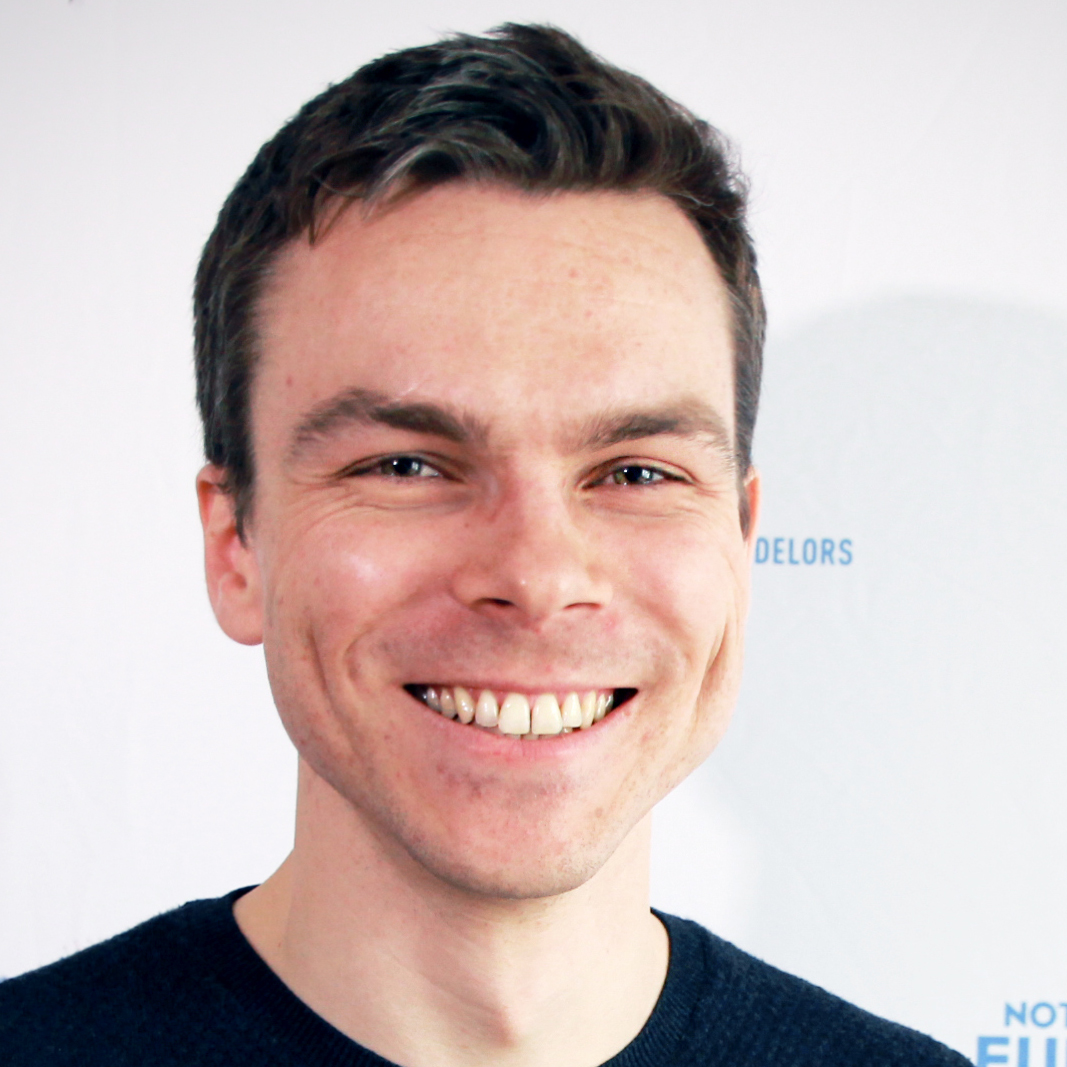
Mr. Thomas Pellerin-Carlin has joined the Jacques Delors Institute in 2015. He now works as the Head of the Jacques Delors Energy Centre and as a Jacques Delors Institute research fellow. Mr. Thomas works on the European Union energy policy, with a focus on innovation and climate change. His work focuses also on the Energy Union (with Jean-Arnold Vinois), the social dimension of the energy transition (with Sofia Fernandes), clean mobility (with Emilie Magdalinski) and on the Horizon 2020 ENABLE.EU project on energy choices (with Emilie Magdalinski). Mr. Thomas also teaches at the College of Europe Energy Union Training Programme, at the Sorbonne, and the Sorbonne-Nouvelle University. He is also a member of the Policy Advisory Council of the European University Institute’s Florence School of Regulation.
14:45 - 15:30 Advanced Energy Generation
Wojciech Nowak
Director of the Centre of Energy, AGH University, Krakow
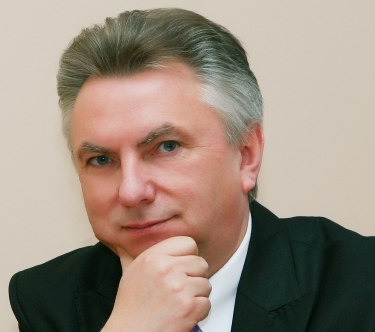
Prof. Wojciech NOWAK was born in 22 April 1954 in Czestochowa, Poland. He is Full Professor at AGH University of Science and Technology in Krakow; presently Director of the Centre of Energy. He has M.Sc. in thermal power engineering from Institute of Metallurgy, Mariupol, Ukraine obtained in 1979. He holds a Ph.D. in mechanical engineering and Doctor of Sciences (habilitation) both received from Czestochowa Univ. Techn. In 1983 and 1991, respectively. The research group headed by Professor Nowak, for many years has been leading the field of research and education for Polish power plants in the area of clean coal technologies.
15:30 - 17:00 Group Work: Energy Trading
Arben Kllokoqi
ECRB electricity expert, Energy Community Secretariat, Austria

Currently working as Electricity Expert for the Energy Community Secretariat, supporting market reforms in the Contracting Parties as well as implementation of market coupling and regional balancing mechanism in the WB6. Further, actively working on solution and proposal for bringing CACM, FCA and REMIT in the Energy Community. 15 years’ experience in the energy industry. Previously worked with the Regulator on Market Monitoring and TSO in Kosovo* in defining and implementing market mechanisms and access to the grid, before joining a London based trading firm, EDF Trading, where [he] worked as Regulatory Advisor covering regulatory affairs across Europe. During his time at EDF Trading he was involved in a wide range of commercial and compliance activities, including direct involvement through EFET in different stakeholder groups and committees, in particular those related to Market Network Codes. REMIT and impact of Financial Regulation on commodity trading is also an area of expertise of A. Kllokoqi.
17:00 - 19:00
After Class Group Work Preparations
-
Economic Tuesday
Economic Tuesday Mentor
Magdalena Zajączkowska
Cracow University of Economics 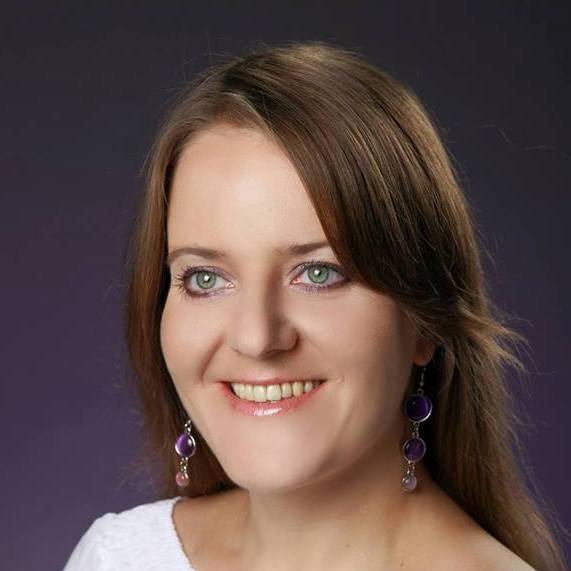
Magdalena Zajączkowska, PhD, is an Assistant Professor at the Department of European Economic Integration at Cracow University of Economics (CUE), Poland, where she has been working since 2005. She studied law at the Jagiellonian University and International Trade at the CUE. She completed her Ph.D. (Economics) at CUE. Ever since she started doing her scientific research, her interests have been connected with the energy market and energy policy. Her research interests lie in the area of the role of EU energy market and EU climate and energy policy. Since 2017 she performs the duties of a Poland’s representative in the Working Party on Nuclear Energy Economics (WPNE) operating at the Nuclear Energy Agency (NEA), OECD.
09:00 - 10:00 Economic Essentials: Introduction to Energy Markets
Magdalena Zajączkowska
Cracow University of Economics 
Magdalena Zajączkowska, PhD, is an Assistant Professor at the Department of European Economic Integration at Cracow University of Economics (CUE), Poland, where she has been working since 2005. She studied law at the Jagiellonian University and International Trade at the CUE. She completed her Ph.D. (Economics) at CUE. Ever since she started doing her scientific research, her interests have been connected with the energy market and energy policy. Her research interests lie in the area of the role of EU energy market and EU climate and energy policy. Since 2017 she performs the duties of a Poland’s representative in the Working Party on Nuclear Energy Economics (WPNE) operating at the Nuclear Energy Agency (NEA), OECD.
10:00 - 11:00 Energy Regulation 101
Philipp Böhler-Grimm
Compliance and Legal Officer, E-Control Austria

Mr. Philipp Böhler Grimm works since 2018 as a Compliance and Legal Officer, E-Control Austria. Prior to joining the team of E-Control Austria, Mr. Böhler Grimm used to work as a senior associate lawyer at DORDA Rechtsanwälte GmbH where he was responsible in the Competition and Regulatory law including here the Merger Control. Philip finished his Legal Master Programme as well as his Postgraduate Studies in Belgium. Throughout his robust career Mr. Böhler Grimm has been involved in different legal companies’ where he has showed his excellent communicating and cooperating skills in all of them thus building a broad expertise in the field of Law.
11:15 - 12:15 Panel Discussion: A just transition? Economic impact of decarbonisation
Aleksandra Wagner
Jagiellonian University | UJ · Institute of Sociology
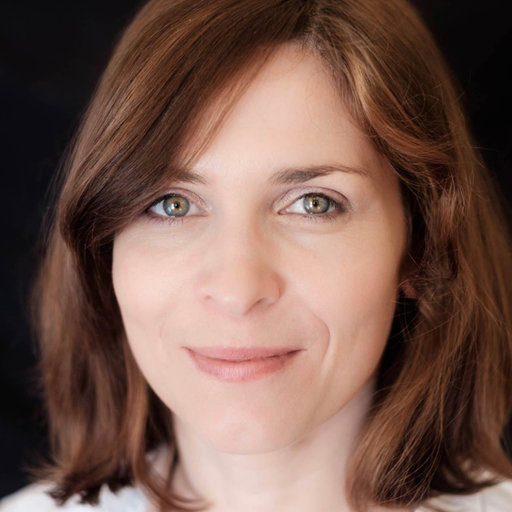
Aleksandra Wagner currently works at the Institute of Sociology, Jagiellonian University. Aleksandra does research in Energy Discourse, Environmental Economics and Green Economics. Their current project is 'Tempus Fugit- future visions in energy policies in Poland after 1989 and their significance for energy transition. Ms. Wagner is an expert in the field of environment, sustainable development and renewable energy technologies.
11:15 - 12:15 Panel Discussion: A just transition? Economic impact of decarbonisation
Janez Kopac
Director, Energy Community Secretariat, Austria
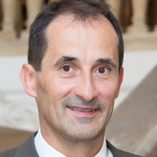
Mr. Kopac has been leading the Energy Community Secretariat since 2012. His mission is to extend the EU internal energy market to South East Europe and beyond on the basis of a legally binding framework. Prior to this position, he worked as General Director for Energy at the Ministry of Economy of Slovenia for nearly 4 years. He acted as Slovenian Minister of Finance (1992) and Minister of Environment (2000-2004). Mr. Kopac holds a Master’s degree from Faculty of Economics, University of Ljubljana.
13:45 - 14:30 Investment in the Energy Transition
Nigel Jollands
Associate Director, Policy and Climate Finance, EBRD
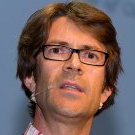
Mr. Jollands has worked on sustainable energy and environmental policy for 23 years. In March 2011, he took up a post with the European Bank for Reconstruction and Development and is now Associate Director, Policy and Climate Finance, where he works at the interface between policy and finance. Prior to this role, he spent 5 years as Head, Energy Efficiency Unit at the International Energy Agency. Mr. Jollands is a regular presenter at international conferences, has published numerous journal articles and contributed to several books in the area of energy efficiency and ecological economics.
14:45 - 15:30 Case Study: Nord Stream, South Stream and everything in between: When pipelines compete
Adam Balogh
Infrastructure expert, Energy Community Secretariat, Austria
Adam is an Economist with Finance major from the University of Szeged, Hungary. Directly after finishing the University, he joined ExxonMobil’s Budapest Office as Fixed Assets Controller after which he joined FGSZ Zrt. – The Hungarian Natural Gas Transmission System Operator – TSO as Business Development Expert where he spent two years. Among others, he was involved in the Nabucco project. By FGSZ Zrt, Adam was seconded to the European Network of Transmission System Operators for Gas – ENTSOG, in Brussels, where he spent more than three years as Adviser in the System Development Team. At ENTSOG, Adam was working on the bi-annual Ten Year Network Development Plan and contributed to the development of the European gas infrastructure Cost-Benefit Analysis Methodology. After ENTSOG, Adam joined the Energy Community Secretariat more than three years ago, where he is currently Gas Infrastructure Expert. At ECS, Adam is responsible for the Projects of Energy Community Interest and Mutual Interest process (PECI/PMI) and Projects of Eastern Partnership Interest (PEPI) for gas. Adam also deals with tariffication, market competition and infrastructure project coordination issues.
15:30 - 18:30 Site Visit: Jaworzno III Complex and Power Station II
Jaworzno III Complex and Power Station II
The construction of the Jaworzno III Power Station started in 1972 and the generating units were commissioned in 1976–1979. In 1995, what was known as three separate stations, they were all combined into a state-owned company called Elektrownia Jaworzno III. The first power station was decommissioned in 1998. Since 2000, the Elektrownia Jaworzno III became part of PKE SA.
The Jaworzno Power Station is a complex of coal-fired thermal power stations at Jaworzno, Poland. Jaworzno III is the largest plant of the Jaworzno power plant complex and it has installed electrical generating capacity of 1,345 MW, as well as thermal heating capacity of 321 MWt. Jaworzno III has a 306-metre high flue gas stack which is one of Poland's tallest free standing structures. Since 2007 the Jaworzno III power plant company is part of the Tauron Polish Energy Group joint-stock company.
-
Political Wednesday
Political Wednesday Mentor
Matus Misik
Assistant Professor, Comenius University, Slovakia
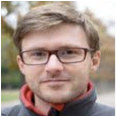
Matúš Mišík, PhD. is an Assistant Professor at the Department of Political Science at Comenius University in Bratislava, Slovakia. His main area of expertise is energy security within the EU, he also studies the role of perceptions within the EU decision-making mechanism. Matúš is author of two books and has published articles in Nature Energy, Energy, Energy Policy, Geopolitics, Czechoslovak Psychology, Journal of Popular Culture, Comparative European Politics, Asia Europe Journal and Slovak Sociological Review. He regularly writes for the leading Slovak dailies and comments on energy policy related topics in the electronic media. He has undertaken study/research trips to Norway (2006), Kazakhstan (2009), Finland (2009), Great Britain (2011), Austria (2012) and Canada (2015-2016). He conducted empirical research in many European countries and regularly attends main political science forums including ECPR General Conference and IPSA World Congress.
09:00 - 10:00 Political Essentials: Introduction to European Energy Policy
Dirk Buschle
Deputy Director, Energy Community Secretariat, Austria
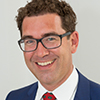
Dirk Buschle is Deputy Director of the Energy Community Secretariat since 2011 and has led its legal unit since 2007. As Chairman of the Energy Community Dispute Resolution and Negotiation Center, he is also responsible for dispute resolution and negotiations and has acted as mediator in high-profile investor-state conflicts in the energy sector. He is a certified negotiation facilitator. Prior to his current position, Dirk was Head of Cabinet of the President of the Court of Justice of the European Free Trade Association (EFTA) in Luxembourg. Dirk is also Professor and Chair holder of the European Energy Policy Chair at the College of Europe in Bruges. He teaches the annual course “European and International Energy Policy and Governance” He graduated in law from Constance University, Germany, and earned his Ph.D. at St. Gallen University in Switzerland. He has widely published in different areas of European policy and law, and has lectured at Universities of Reykjavik, Constance and St. Gallen as visiting professor.
10:00 - 11:00 Energy Diplomacy in the 21st Century
Vaclav Bartuska
Ambassador-at-Large for Energy Security of the Czech Republic
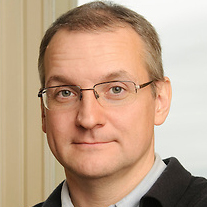
Vaclav Bartuška assumed the position of Ambassador-at-Large for Energy Security of the Czech Republic in 2006. He works on a wide range of issues from oil and gas supplies to energy strategy. During the gas dispute between Russia and Ukraine in January 2009, when the Czech Republic held the EU Presidency, he was involved in negotiations with Russian, Ukrainian, and EU leadership. In 2010, he was appointed by the Czech Government to the Commissioner for expansion at the Temelin nuclear power plant. Since 2003, he has taught modern history and security studies at New York University, Prague campus.
11:15 - 12:15 Energy Campaigning: The Role of NGOs
Dragana Mileusnic
Southeast Europe Programme Manager at The Nature Conservancy Brussels Office
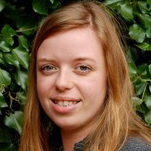
Ms. Mileusnic is the Southeast Europe Programme Manager at The Nature Conservancy Brussels office, where she directs strategies for renewable energy and nature conservation in the Western Balkans. Prior to joining the Conservancy, she spent 4 years with Climate Action Network (CAN) Europe, advancing policies leading to energy transition in the Western Balkans. Previously, she worked with the German Heinrich Boell Foundation in Belgrade and with the Institute for Entrepreneurship and Economic Development in Montenegro. She holds a Masters’ degree from Oxford University’s Environmental Change Institute in Environmental Change and Management and a Bachelors’ degree in geography & environment from University of Belgrade, Serbia.
13:45 - 14:30 Oil and International Politics
Adrian Jasimi
Oil Expert, Energy Community Secretariat, Austria
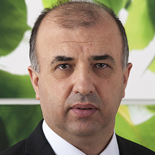
Mr. Jasimi joined the Energy Community Secretariat in May 2009 as Oil Expert. Before coming to the Energy Community Secretariat, he worked in the Oil and Gas Institute in Albania until 1994. In 1994, Mr. Jasimi joined the UK oil and gas company Premier Oil as project manager for 10 years. In 2004, he started to work as oil advisor and director of cabinet to the Minister of Energy and Industry of Albania. In 2005, he was reappointed Director of Cabinet of the Minister of Economy, Trade and Energy in Albania until April 2009. Mr. Jasimi is involved in many negotiations in oil and gas contracts. His university background is physicist.
14:45 - 15:30 Case Study: Accepting the challenge of the Energy Transition - a utility's experience
Susanne Rompel
Head of EU Representative Office, Innogy SE
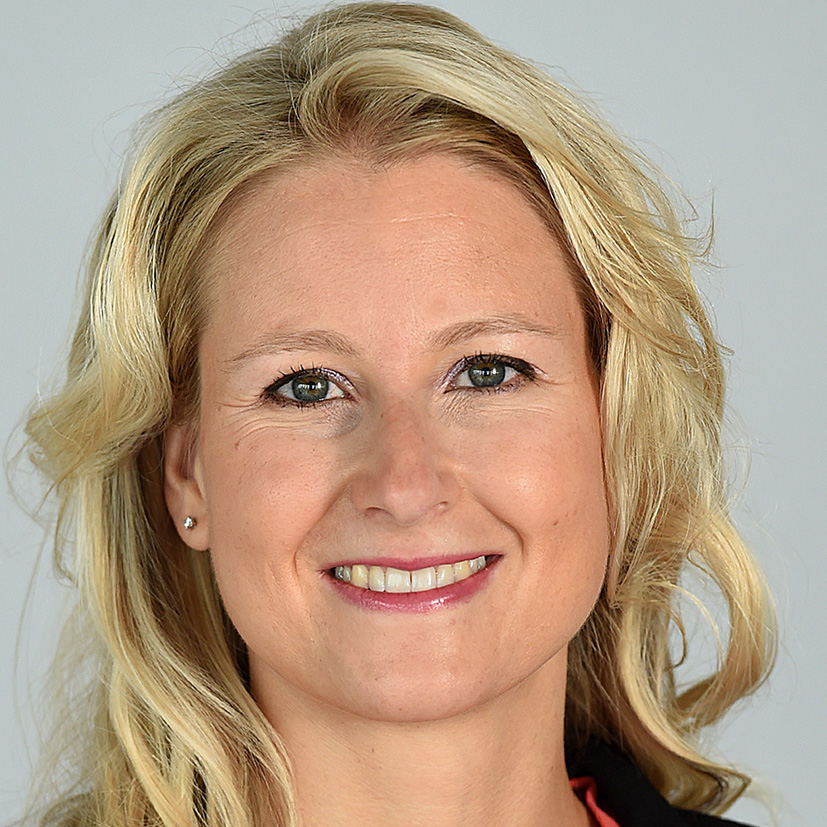
Dr. Susanne Rompel is Head of Innogy SE’s EU Representative Office, Innogy SE being one of the leading European energy companies active in Renewables, Grid & Infrastructure as well as Retail. Prior to this, Dr. Rompel was heading Strategic Planning within RWE AG’s Strategy & Innovation department, responsible for the overall Group strategy development and the annual strategic planning process. She has been working as Manager for EU Energy Policy in the RWE EU Office before and also has experience working for the European Commission’s Directorate General for Energy. Dr. Rompel is Member of the Supervisory Board of RWE Supply & Trading. She studied Politics, Law and French in Heidelberg and Aix-en-Provence, and holds a Master’s Degree in European Politics and Administration from the College of Europe in Bruges.
15:30- 17:00 Group Work: Energy Negotiations
Jolanta Navickaite
Energy Attaché, Permanent Representation of Lithuania to the EU, Brussels

Ms Navickaite has been appointed by the Minister of Energy as the deputy energy attaché in 2014 and took the role of the energy attaché in 2017. She is the representative of Lithuania at the Energy Working Party and Atomic Questions Working Party of the Council of the EU, dealing with all energy sector policies (gas, electricity, nuclear energy). In her current position, she represents the Lithuanian position in negotiations on EU policy and legal acts proposals at meetings at the Council of the EU (Working Parties, Coreper, and Energy Council) and committees of the EU Commission. She was previously a chief officer at the Ministry of Energy of Lithuania where she worked during the Lithuanian Presidency of the Council of the EU. Ms. Navickaite obtained an LLM cum laude in European Union Law from the Maastricht University.
17:00 - 19:00 After Class Group Work Preparations
After Class Group Work Preparations
-
Legal Thursday
Legal Thursday Mentor
Ilona Przybojewska
Chair of Environmental Law of Jagiellonian University
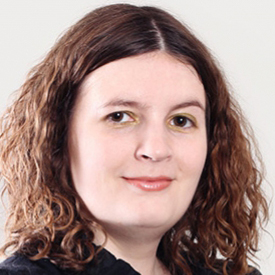
Ilona Przybojewska, PhD is a graduate of the Faculty of Law and Administration of Jagiellonian University in Cracow. In 2015 she was entered on the list of legal counsels, from October 2015 she has been academic in the Chair of Environmental Law of Jagiellonian University. In the Law Firm she provides legal services to entrepreneurs in matters within the scope of civil law, commercial law as well as labor law. She is specialized in the European Union law and environmental law. She speaks English fluently.
09.00 - 10.00 Legal Essentials: Introduction to European Energy Law
Andrius Šimkus
General Counsel at Litgrid AB
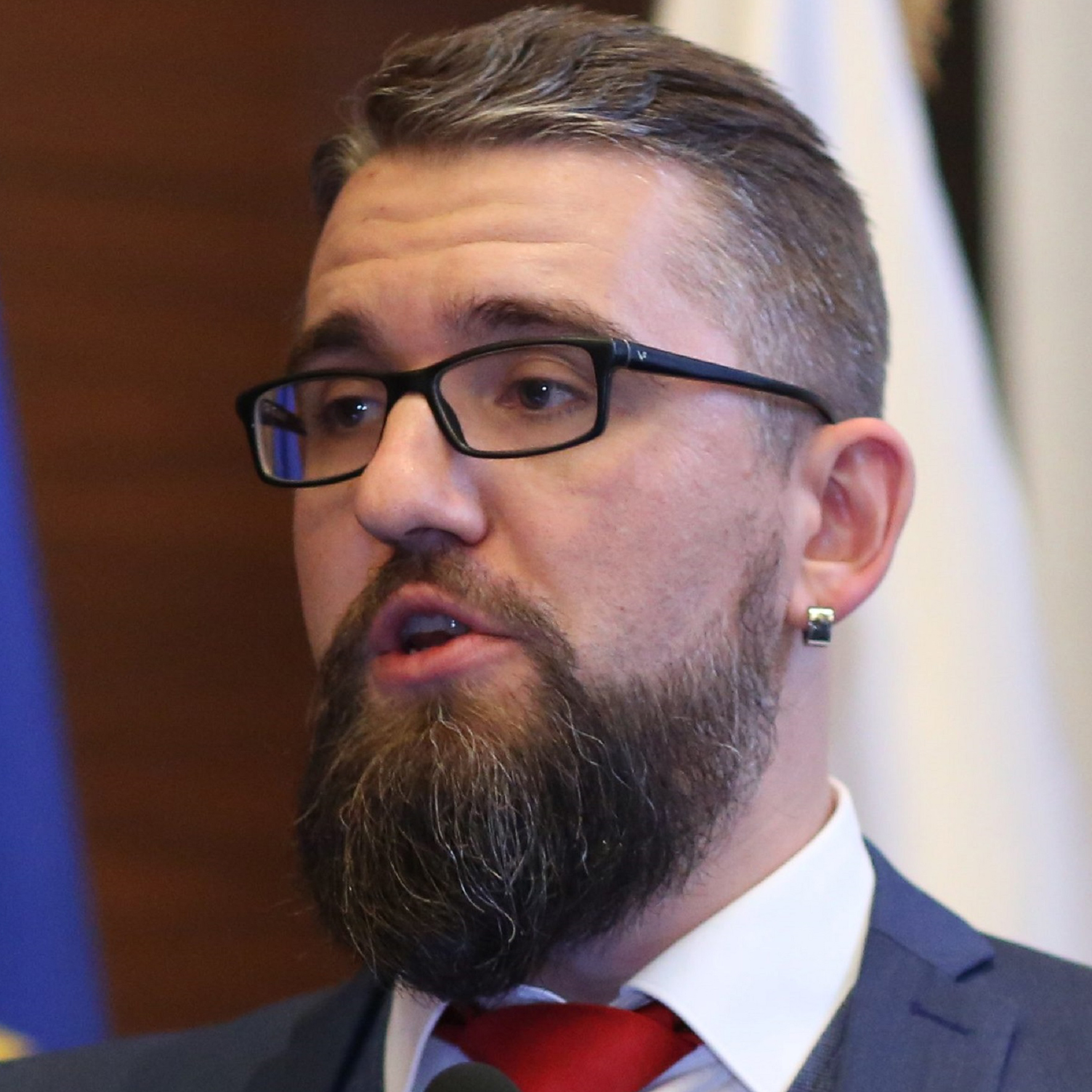
Andrius is a lawyer with over 13 years of PQE in the energy sector. Before taking a position of the General Counsel at LITGRID AB, the electricity TSO of Lithuania, in April 2019, for 5 years he worked as a Gas Expert and Energy Lawyer at the Energy Community Secretariat. In his past career, Andrius also worked as an in-house lawyer of several largest Baltic energy companies and as an external counsel representing major energy stakeholders in the Baltics, Scandinavia, Poland and Southeast Europe. His legal and energy policy practise covers natural gas (including LNG), electricity, renewable, and nuclear energy sectors. Andrius has a unique expertise in energy regulatory and legislative matters. So far, he drafted more than 120 legal acts regulating energy sectors and markets in 15 jurisdictions across Europe. Besides being a lawyer, Andrius has an in-depth understanding of worldwide energy policy, business and development trends and relations. He is also a speaker and lecturer in numerous events covering energy legal and political matters, with the current score of over 100 performances in 17 countries.
10:00 - 11:00 Competition and State Aid in the Energy Sectors
Nevin Alija
Energy Community Summer School Alumni

Ms. Alija is a PhD Researcher at the Research Centre for the Future of the Law, at Universidade Católica Portuguesa in Lisbon. She has been a Bluebook trainee at the European Commission, Directorate-General for Energy, a Research Fellow at the Energy Community Secretariat and a Visiting Researcher at the Institute for European Studies at the Vrije Universiteit Brussels. Ms.Alija has been a member of the Legal Research Group and Natural Resources Group at the Centre for International Sustainable Development Law, McGill University Faculty of Law, a member of the Portuguese Energy Association and the World Commission on Environmental Law.
11:15 - 12:15 Energy Law in Action: Contracts for Renewables'
Jennifer Vishnoi
India Power Corporation Ltd
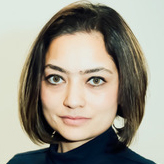
Ms. Jennifer Vishnoi is an enterprising leader with an extensive experience of over 14 years in the private sector fostering high level corporate as well as political partnerships, liaising with regulators, and strong ability to influence thinking, forge alliances, and build consensus. In her current role, Ms. Vishnoi is working as Head of International Business at India Power Corporation Ltd, a 100-year-old company with a 1500 MW capacity of thermal, wind and solar power owned by the Kanoria Foundation Group. The company has actively forayed into a diversified portfolio, with renewable and conventional modes of power generation, distribution & power trading. In this role, Ms. Vishnoi represents the company's interests in multiple countries in CEE and Balkans in the energy sector and identifies actionable projects in Europe, liaising and managing relationships with government bodies, policy makers and regulators. Currently, she is spearheading a renewable energy project consisting of setting up a PV power plant in Albania with a generation capacity of 100 MW. She steers stakeholder engagement at various levels for contractual discussions with ministries, project financing including environmental and social impact assessment.
13:45 - 14:45 Public Service Obligations, a black box case
Rozeta Karova
Senior Energy Lawyer, Energy Community Secretariat, Austria
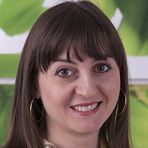
Ms. Karova is a Senior Energy Lawyer at the Energy Community Secretariat, which she joined in 2011. Her main expertise is liberalization of energy markets, market design as well as development and implementation of public service obligations. She is author of numerous academic articles and book contributions in the field of energy law, competition and state aid law as well as on approximation and implementation of the EU acquis in the Energy Community Contracting Parties. She is an author of a monograph titled Liberalization of the Electricity Markets and Public Service Obligation in the Energy Community. She is a regular speaker at various academic and policy international conferences and events. Ms. Karova holds a PhD degree from the Law Department of the European University Institute in Florence and LL.M. in European Business Law from the Faculty of Law at University of Leiden (Netherlands).
14:45 - 15:30 Case Study: Unbundling Naftogaz of Ukraine, an Epic
Predrag Grujicic
Head of Gas Unit, Energy Community Secretariat, Austria
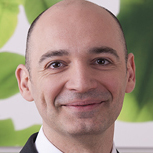
Mr. Grujicic joined the Energy Community Secretariat in Vienna in 2010. As Head of Gas Unit, he assesses and reviews the proper implementation and progress by the Contracting Parties of their obligations under Energy Community Treaty related to the gas acquis. He graduated from the Faculty of Electrical Engineering, University of Belgrade, Serbia in 1999. He held various positions within the Serbian major public electricity company, Elektroprivreda Srbije as a system operator. He joined the Ministry of Energy of Serbia where he occupied various head positions including the EU integration and international cooperation agenda. He was seconded as a national expert to the Energy Charter, Brussels.
15:30 - 17:00 Group Work: Energy Dispute Resolution
Smaranda Miron
Energy Lawyer, Energy Community Secretariat, Austria
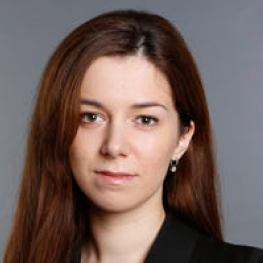
Smaranda Miron is an energy lawyer with the Energy Community Secretariat, an international organisation based in Vienna. She handles energy disputes (cases against the Contracting Parties of the Energy Community), supports Energy Community Secretariat’s Dispute Resolution and Negotiation Centre and works, together with the competent national authorities, towards a full implementation of the Energy Community acquis. Before joining the Energy Community Secretariat, Smaranda worked as an associate in the International Arbitration Group of Freshfields Bruckhaus Deringer and as a public procurement case-handler with the European Commission.
17:30 - 20:00
Guided Tour Krakow
20:00 - 23:00
Student Party
-
Sustainable Friday
Sustainable Friday Mentor
Irina Lazzerini
Sustainable energy expert, Energy Community Secretariat, Austria
Ms. Lazzerini has over 11 years of working and research experience in the field of international green policies, with focus on Europe and Asia. Before joining the Energy Community, she was research fellow on sustainable development at Tsinghua University (Beijing), policy officer within the European Commission Environment Directorate General (Brussels) and energy analyst at Enel Foundation (Italy). She worked with UNIDO on green industry policy and co-authored several publications on energy transitions in cities with the European Institute of Comparative Urban Research. She cooperated with the Global Shapers (World Economic Forum) on a number of projects evaluating the impact of renewable energy solutions on off-grid households in emerging economies. MBA Candidate (Renewables) at Berlin University of Applied Sciences, Ms. Lazzerini co-authored the chapter on ‘Anchoring and Mobility of Local Energy Concepts’ in Innovating Climate Governance: Moving Beyond Experiments, published by Cambridge University Press in March 2018.
09:00 - 10:00 Sustainability Essentials: Introduction to the Energy Transition
Karl Falkenberg
College of Europe, Brussels
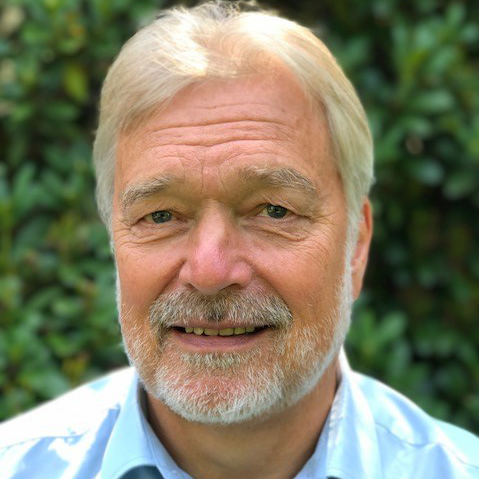
Karl Falkenberg enjoyed a long career as an EU Commission official. He joined the Commission in 1977 as a textile negotiator. He experienced both multilateral negotiations in the World Trade Organisation and bilateral trade negotiations with a wide range of developed and developing countries. In 1990 he joined Jacques Delors as Advisor on German Unification and External Relations. He negotiated the WTO Protocols on Telecommunications, Financial Services, Maritime Transport and Audiovisual Services. In 2005 he became Deputy Director General of the Commission Directorate General for Trade. From 2009 to 2015 he was Director General for Environment, covering both domestic and international issues. He was the lead negotiator for the EU in the UN process leading up towards the SDGs. In 2016, he presented a report on European implementation of SDGs to the Commission, called ‘Sustainability Now’. Karl retired from the Commission in July 2017, and works since then as an independent consultant and lecturer on trade policy and sustainability issues.
10:00 - 11:00 The Paris Agreement and Climate Diplomacy
Stine Rasmussen
DG for Climate Action, European Commission
Stine Rasmussen is a policy officer at the Directorate-General for Climate Action, which leads the European Commission's efforts to fight climate change at EU and international level. Ms Rasmussen works in the international relations unit where she is responsible for climate-related bilateral relations with the Western Balkans in connection with their accession negotiations with the EU.
11:15 - 12:15 Instruments of Climate Policy: Command and Control or Market-Based
Peter Vajda
Senior environmental expert, Energy Community Secretariat, Austria
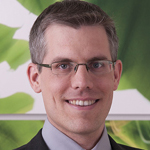
A lawyer by training with a master’s degree in environmental law, Peter has always been involved in issues related to environment, both from legal and technical aspects. Straight after graduation from the Faculty of Law at Eötvös Loránd University (Budapest), he took up duties at the national environmental agency’s local office in Budapest. Between September 2007 and August 2011, Peter was working as a seconded national expert at the European Commission’s Directorate-General for Environment. In this position, he has also been heavily involved in the adoption process of the Industrial Emissions Directive (2010/75/EC). In late 2011, Peter worked as legal adviser in the Office of the Director-General in DG Climate Action and in March 2012, he took up duties as Environmental Expert at the Energy Community Secretariat in Vienna. As of January 2018, he works as Senior Environmental Expert at the Energy Community Secretariat.
13:15 - 14:00 The Economics of Renewable' Auctions
Felix von Blücher
Senior Consultant Energy | Navigant
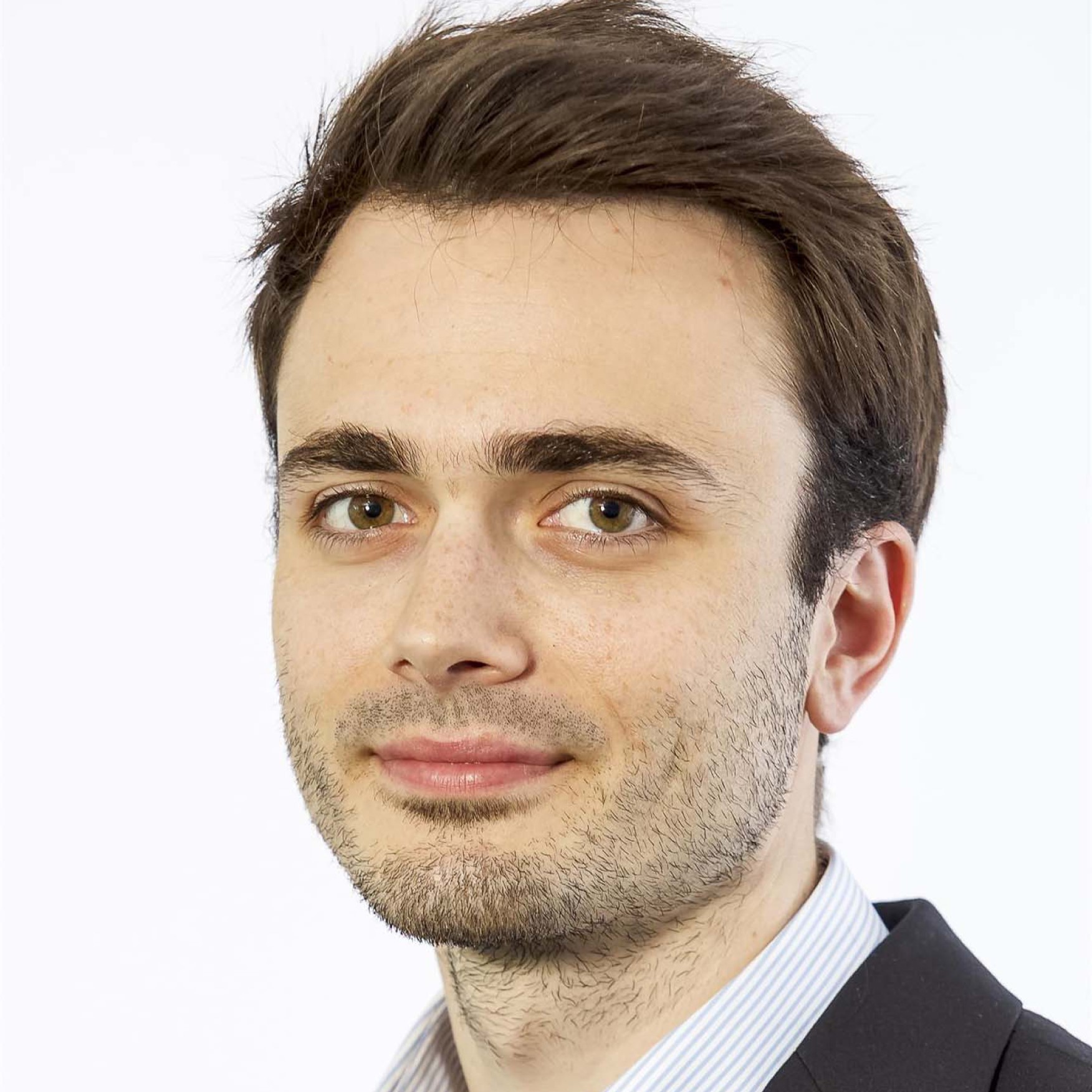
Felix von Blücher is a senior consultant on energy policy in Berlin. His fields of expertise include the German and European renewable energy policy. His focus is on the German and European processes of reforming support policies for renewables as well as on cross-border cooperation. He is currently working on projects for the German government and the European Commission, advising on the drafting and implementation of concepts for cross-border renewable energy auctions. Before joining Navigant, he was a Fellow of the Mercator Fellowship on International Affairs working on the harmonization of renewable energy policy in Europe. As part of the Fellowship he had work placements at the Directorate-General for Energy of the European Commission and the German Federal Ministry for Economic Affairs and Energy. Felix has a background in International Relations and Economics (B.A.) and graduated in Environment and Resource Management (MSc) from the Free University of Amsterdam where he specialized on climate and energy policy.
14:00 - 14:45 The sustainability of bio-fuels
Karolina Cegir
Gas expert, Energy Community Secretariat, Austria
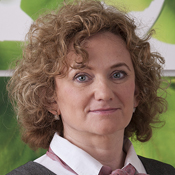
Ms. Cegir has been working at the Energy Community Secretariat since 2007. The main area of her work is natural gas while additional tasks are related to renewable energy in the transport sector. Her scope of work includes regular contacts with EU Institutions, such as Gas Coordination Group, European Network Transmissions System Operators for Gas (ENTSOG), Gas Infrastructure Europe (GIE) and Concerted Action on Renewable Energy Sources Directive (CA-RES). Ms. Cegir holds a Bachelor’s degree in Petroleum Engineering from Zagreb University (1990) and a Master’s degree in Renewables from Technical University of Vienna (2013).
14:45 - 15:30 Case Study: Clean Energy and Fossil Fuels
Andrzej Adamski
Associate Professor at the Faculty of Chemistry
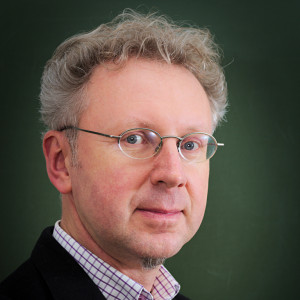
Andrzej Adamski, Ph.D., D.Sc. (1970), works as an associate professor at the Faculty of Chemistry of the Jagiellonian University in Krakow. His current research interests concentrate on catalysis, spectroscopy, environmental chemistry, CO2 valorization and sustainable processes. A. Adamski is an author and co-author of more than 60 scientific papers, 160 conference contributions and a few patents. From 2012 he is responsible for the graduate studies in Environmental Protection. In 2013 A. Adamski created Department of Environmental Chemistry at the Faculty of Chemistry and became Head of Environmental Catalysis Group. Since 2016 he serves also as Rector’s Proxy for Innovations. Laureate of several distinctions and awards granted by the Minister of Science and Higher Education, the Rector of the Jagiellonian University and the French association Europe France Inventeurs.
15:30 - 17:00 Group Work: Evaluating Sustainability - Prospects of Successful Energy Planning
Ilija Sazdovski
Researcher, UNESCO Chair in Life Cycle and Climate Change, ESCI – UPF
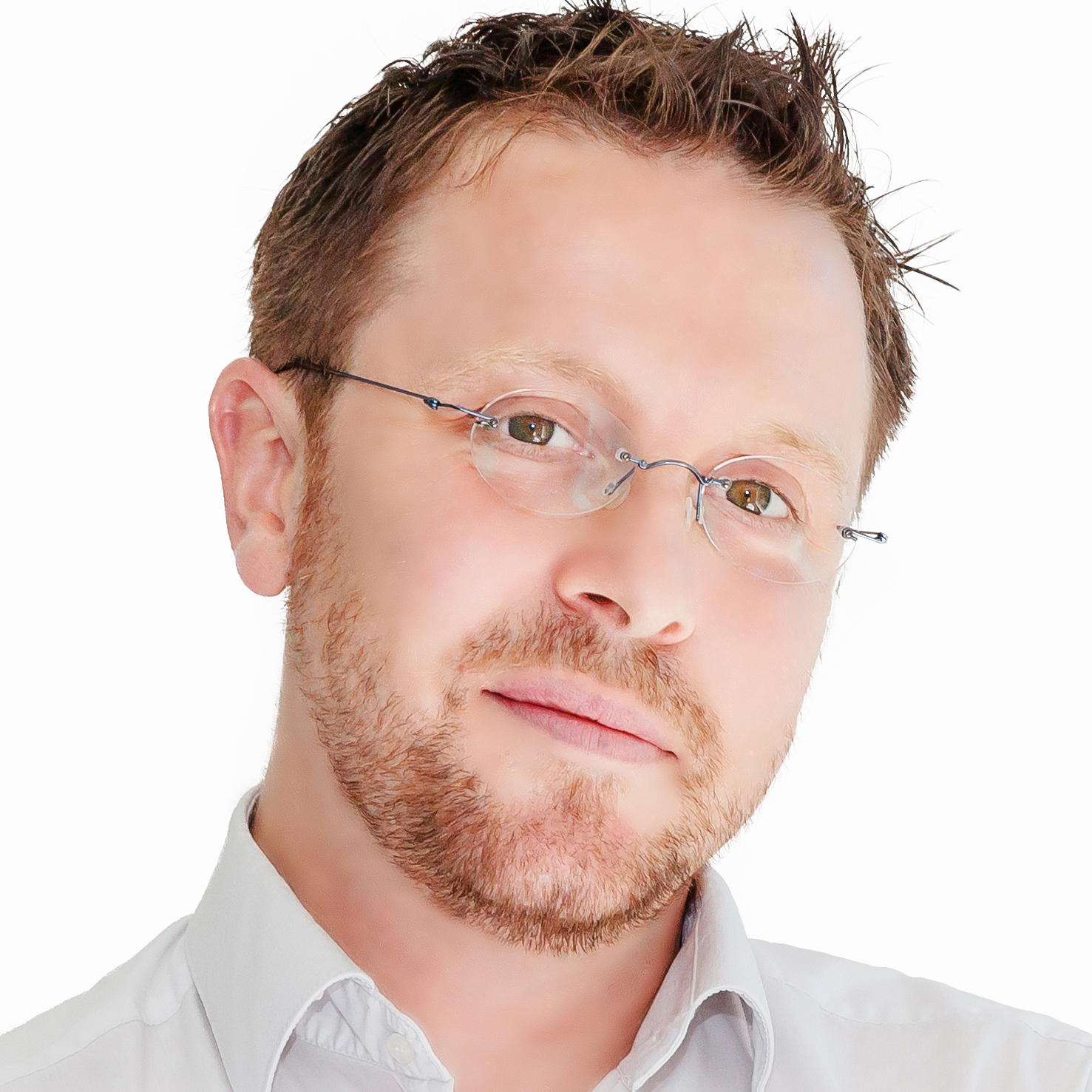
Mr. Sazdovski works as a Researcher in the UNESCO Chair in Life Cycle and Climate Change at the School for International Studies at the University Pompeu Fabra. Prior to this, Mr. Sazdovski was a member of the International Association of Energy Engineers and the Scientif¬ic Advisory Board of the South-East Conference for Sustainable Development of Energy, Water, and Environmental Systems. He has been working as a proj¬ect developer and implementer, engaged by USAID, UNDP, and GIZ, providing technical assistance to different stakeholders in the field of energy efficiency. He is the author of the National Energy Monitoring System for local self-governments, and the co-author of the III National Energy Efficiency Action Plan 2016-2018 for Macedonia. He works as an International expert for the establishment of Monitoring Reporting and Verification systems for greenhouse gases engaged by UNDP.
17:00 - 19:00
After Class Group Work Preparations
-
Energy Debates - Farewell Saturday
Saturday - Mentor
Andrzej Adamski
Associate Professor at the Faculty of Chemistry

Andrzej Adamski, Ph.D., D.Sc. (1970), works as an associate professor at the Faculty of Chemistry of the Jagiellonian University in Krakow. His current research interests concentrate on catalysis, spectroscopy, environmental chemistry, CO2 valorization and sustainable processes. A. Adamski is an author and co-author of more than 60 scientific papers, 160 conference contributions and a few patents. From 2012 he is responsible for the graduate studies in Environmental Protection. In 2013 A. Adamski created Department of Environmental Chemistry at the Faculty of Chemistry and became Head of Environmental Catalysis Group. Since 2016 he serves also as Rector’s Proxy for Innovations. Laureate of several distinctions and awards granted by the Minister of Science and Higher Education, the Rector of the Jagiellonian University and the French association Europe France Inventeurs.
09:00 - 11:00
Energy Debates
The objective of this Energy Debate day is to allow all participants master what they have learned during the course through a debate.There will be 4 statements and for each statement there will be two teams of advocates supporting or disagreeing with the statement. The participants will be required to take a certain positions, even something they do not personally believe thus putting the participant in some cases in a not so comfortable situation. However, that is what makes the debate more interesting and afterwards the participants will be also evaluated for their ability to defend a case.
11:30 - 12:30
Farewell Lunch
